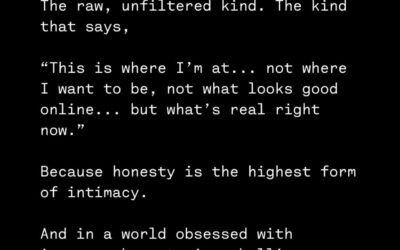In a world where information is at our fingertips, the issues of genocide and mass atrocities still find soil to root in, often supported by a disturbingly large following. This reality begs us to confront not just the actions of the perpetrators but also the silent endorsement they receive from afar. It’s time to address a painful question: by failing to question, are we complicit in these horrors?
The Dangers of Unquestioning Allegiance
Blind allegiance can be a comfortable escape from the moral complexities of geopolitics. Psychologically, following the crowd provides safety, a sense of belonging that shields us from the harsh winds of ethical dilemma. Socially, it’s easier to flow with the current of majority opinion than to swim against it. But history is rife with dark chapters where such passivity has allowed atrocities to unfold. From the Holocaust to Rwanda, the masses’ failure to question authority enabled unimaginable horrors. Today, we may be witnessing similar patterns, where support is given, not based on moral evaluation, but on geopolitical strategy or sheer inertia of historical alliances.
The Role of Individual Morality in Global Issues
Every day, we make choices that reflect our values, yet when it comes to international affairs, there’s a tendency to disengage—to see these as distant, unrelated to our personal moral framework. This detachment is dangerous. It assumes that our individual choices do not accumulate into a collective impact. It ignores how our tacit support, or lack thereof, can influence global narratives and outcomes. Our morality must extend beyond our immediate surroundings and touch upon the global issues that shake the core of human decency. It’s about aligning our actions with our values, questioning not just what we support, but why we support it.
Contemporary Reflections on Support and Complicity
Consider the current global landscape, where nations are often divided sharply by their support or condemnation of others’ policies and actions, some of which may involve allegations of human rights violations or even genocide. By examining these scenarios through a moral lens, we find ourselves facing uncomfortable truths about complicity and the consequences of our silence. The emotional toll of acknowledging this can be profound, but it is necessary. It prompts us to reflect: When we lend our support to a country or a cause, are we endorsing every action they take? Can we claim ignorance as bliss when the information is but a click away?
This discussion isn’t merely academic or abstract—it’s urgently relevant and deeply personal. The cost of blind allegiance is measured in human lives and moral integrity. As global citizens, it is incumbent upon us to wield our influence wisely, to ensure our support is given to those who uphold the highest standards of humanity.
Let us not be the silent backdrop against which atrocities unfold. Instead, let us be the voices that demand accountability, the hands that uphold the light of scrutiny. It’s time to look inward, to question, to challenge—not just for our sake, but for the sake of those who suffer far from our sight, yet close to our potential influence.




0 Comments